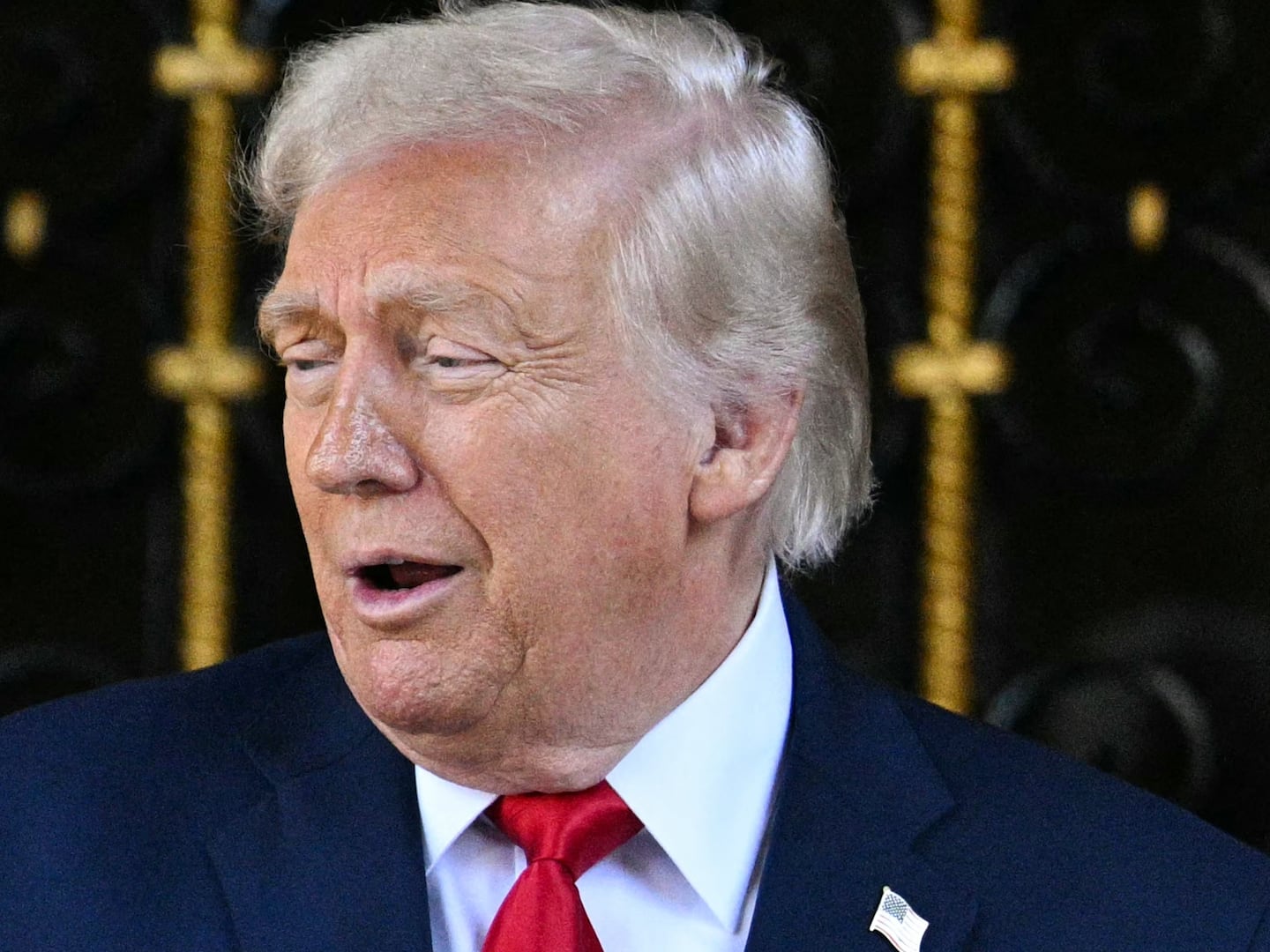After what Republicans like to characterize as a rush to impeachment, House Speaker Nancy Pelosi is now getting grief from the GOP for slowing down the process. It’s driving President Trump and his allies a bit batty trying to figure out what she’s up to by holding back the articles of impeachment.
Democratic Majority Leader Steny Hoyer offered a benign explanation after the Dec. 19 House vote for the delay. He cited “housekeeping matters,” explaining that once the articles are sent to the Senate, the upper house has to act. It can’t do any other business until it deals with impeachment.
Democrats would like the Senate to pass the USMCA trade agreement, and maybe even vote on a House-passed prescription cost containment bill before a Senate trial gets underway. Holding onto the articles is the only leverage Pelosi has on McConnell, who says he won’t take up USMCA until after any impeachment trial.
“This is working beautifully for her, and for the country,” says Norm Ornstein, a political scientist and resident scholar at the American Enterprise Institute. “In the weeks since the House voted for Impeachment, there have been more damning emails, and there’s no reason to believe we have seen the end of it.”
Delaying the trial allows more evidence of wrongdoing by the president and his allies to surface and potentially sway public opinion and perhaps even some Senate Republicans.
After the House voted the articles, the conventional wisdom was that Democrats needed the Senate to act quickly so a trial would conclude before the 2020 primaries got underway. That thinking has now shifted. “A trial at some point is almost inevitable,” says Ornstein. “But I don’t see any reason to push it forward as long as Democrats have the upper hand.”
Pushed for a time limit, Ornstein told The Daily Beast that he thinks Pelosi can extend through February, “keeping all options open,” he said. “In moments of this kind, my lodestar is whatever Pelosi does is best.”
Tom Mann with the Brookings Institution and co-author with Ornstein of the 2012 book about Congress, It’s Even Worse Than It Looks, said in an email that he’s “sure Pelosi is adjusting her cost/benefit analysis and consulting widely every day. McConnell’s outrageous behavior gives her cover to stretch this out to force genuine consultations on rules and witnesses for the trial. If and when she finds the political costs are likely to outweigh the benefits, she will refer the articles to the Senate. But not until then.”
McConnell calls himself “the Grim Reaper,” gleefully letting House-passed legislation on health care, voting rights and gun safety languish indefinitely. Yet he stands ready to act expeditiously on impeachment, working in “total coordination” with the White House to mount a sham trial to exonerate the president.
Time is on Pelosi’s side, for now. The latest revelations about key officials around Trump who were in the loop on Ukraine indicate that many of them knew what they were doing was wrong. “Facing disapproval, humiliation, and possible jail time, it’s almost inevitable some will talk,” says Ornstein.
There is far more pressure now on Trump to get the exoneration he seeks from the Senate than on the Democrats to move the process along before the Iowa caucuses. Pelosi has leverage to seek concessions about rules and witnesses. “McConnell is impervious to pressure unless there’s something McConnell wants,” says John Lawrence, Pelosi’s former chief of staff. He cites the recent year-end $1.4 trillion federal spending bill that explodes the deficit and includes more than $1 billion in special grants for Kentucky. “McConnell got billions for Kentucky, he always does,” says Lawrence. “When he wants something, he makes deals.”
The calculation now is that Trump wants the Senate trial to be over with as quickly as possible so he can spend 2020 touting his exoneration. Dragging it out increases the risk of more potentially damaging information emerging, which in turn could prompt more people to come forward with what they know.
The likelihood of a Senate conviction to remove Trump from office remains extremely low. “The question isn’t whether or not a Senate trial will be held. It will, and we all know how it will turn out,” says Jonah Blank, a former Senate staffer on the Democratic side. “The question is much narrower: Will a delayed time frame force swing-state Republicans into votes that will hurt them in 2020 or a future election?” There are at least two such GOP senators, and arguably as many as five or six.
Pelosi is in no rush. She can wait until McConnell sends her a set of rules, and then there will be some back-and-forth as both sides claim victory. She followed the historic procedure of inviting Trump to deliver the State of the Union on Feb. 4, when he could still be in the midst of impeachment. He won’t be the first president to give a SOTU while being impeached. In 1999, President Clinton focused on a sound economy and a $70 billion budget surplus. He did not mention impeachment.
With Pelosi seated directly behind him in the House chamber, millions of Americans will tune in to watch the dynamics between these two political figures on what promises to be yet another historic evening for the country—and one that could set a tone for the rest of this incredibly important year.







